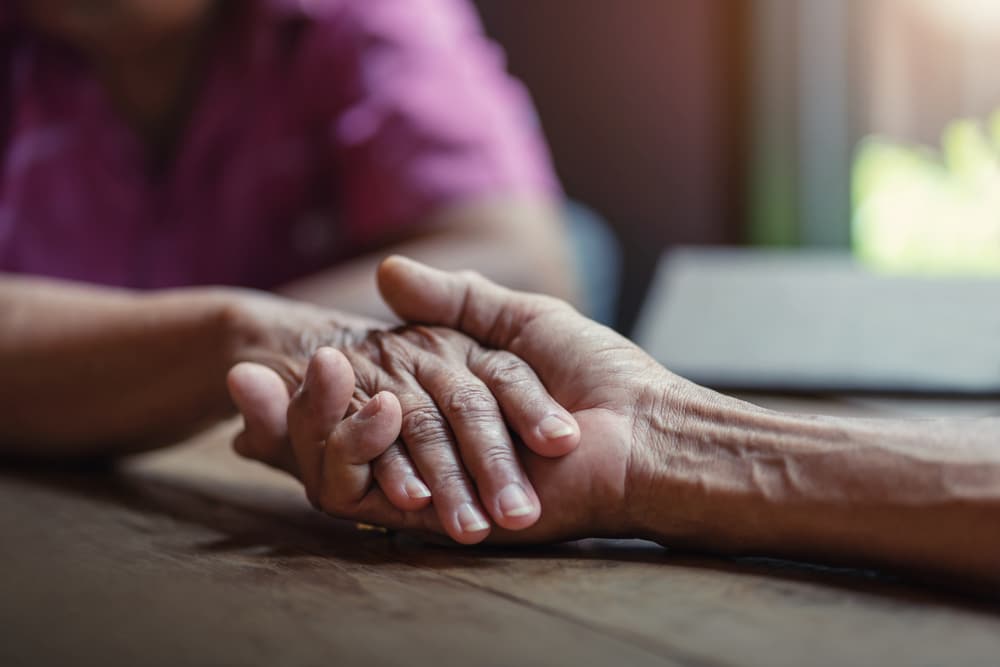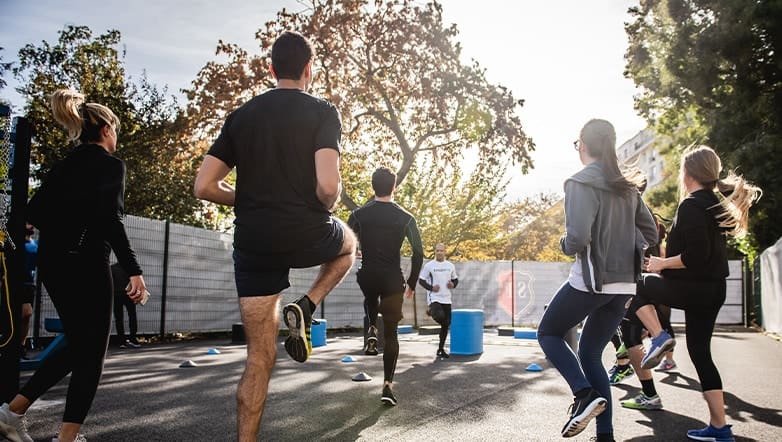Drug Addiction
Guiding You Through Your Road to Recovery by
Treating the Mind, Body, Soul and Spirit.
If your loved one is addicted to drugs or alcohol, you naturally want to help them. Good Landing is here to assist you by providing you with as much information as we can about addiction and drug rehab.
By helping your loved one choose to work with our program, you’re helping them choose to live a life full of happiness, love, and faith. Our treatment program addresses the cause of each patient’s addiction, helps them learn appropriate coping mechanisms, and provides them with the tools they need to live a sober life.
Have Questions?

Drug Addiction Defined
Drug addiction is a disease, there’s no doubt about it. However, it’s not like other diseases such as diabetes or high blood pressure. It’s an insidious foe that has thoroughly convinced the addict that it’s not an issue. They don’t see any problem with their drug addiction. It has warped their mind to the point that the addiction is normal and anything that works against their addiction is not.
Addiction is complicated, which makes drug rehab complicated. No one simply decides one day that they’re going to be an alcoholic or a drug addict. They don’t suddenly decide to make their addiction the most important thing in their life. It happens gradually over time that it’s hard for the addict to see just how much it has affected their life.
The myths associated with drug addiction don’t help either. Despite what some people say, drug addicts aren’t lacking in any way. They’re not helpless or hopeless. They simply need love and support. They need you, they need Good Landing, and they need to have faith that they can change through drug rehab.
The final part of the definition of addiction is that it’s almost always a symptom, not the cause. There’s often a reason your loved one turned to drugs or alcohol. There’s something else causing them pain that they haven’t addressed. Without addressing this cause, they won’t be able to move away from their addiction.
What Addictions Does Good Landing Treat?
Marijuana Addiction Treatment
Marijuana has become legal in many states for medical needs, and a handful of states have even legalized it fully. This has led some to believe that marijuana has no negative side effects and that it’s not addictive. This isn’t true. Marijuana may be legalized, but just like many legal medications, it’s possible to become addicted to it. When abused, marijuana has a number of side effects and can lead down the same path as any drug addiction. If you know someone who is abusing marijuana, please reach out to us today. Good Landing Recovery offers marijuana addiction treatment services to those who have begun abusing this drug.
To understand how marijuana can be addictive, you need to understand how it affects the brain and body. It’s also helpful to understand how these effects can be helpful to some and where the line between using marijuana responsibly and addictive lies.
Meth Addiction Treatment
Methamphetamine, more commonly known as meth, is a stimulant that is incredibly addictive. People who use meth often find themselves addicted almost immediately. The boost of energy that meth gives makes it a very tempting drug for those who always feel behind, but that high comes and goes quickly. In order to keep the energy going, the user has to take more and more meth. If your loved one is addicted to this substance, it’s time to talk to them about it. Good Landing Recovery offers meth addiction treatment in a safe, Christian environment.

Good Landing treats a wide variety of addictions, including the following:
- Alcoholism
- Opioid addiction
- Meth addiction
- Heroin addiction
- Cocaine addiction
- Crack addiction
- Prescription medication addiction
- Other forms of drug addiction
We treat these addictions through our partial hospitalization and outpatient rehab programs. Addicts will go through detox, therapy, and other forms of treatment. A patient’s treatment plan may
Take That First Step Now!
These services provided encompass a wide variety of therapeutic settings and intervention modalities.